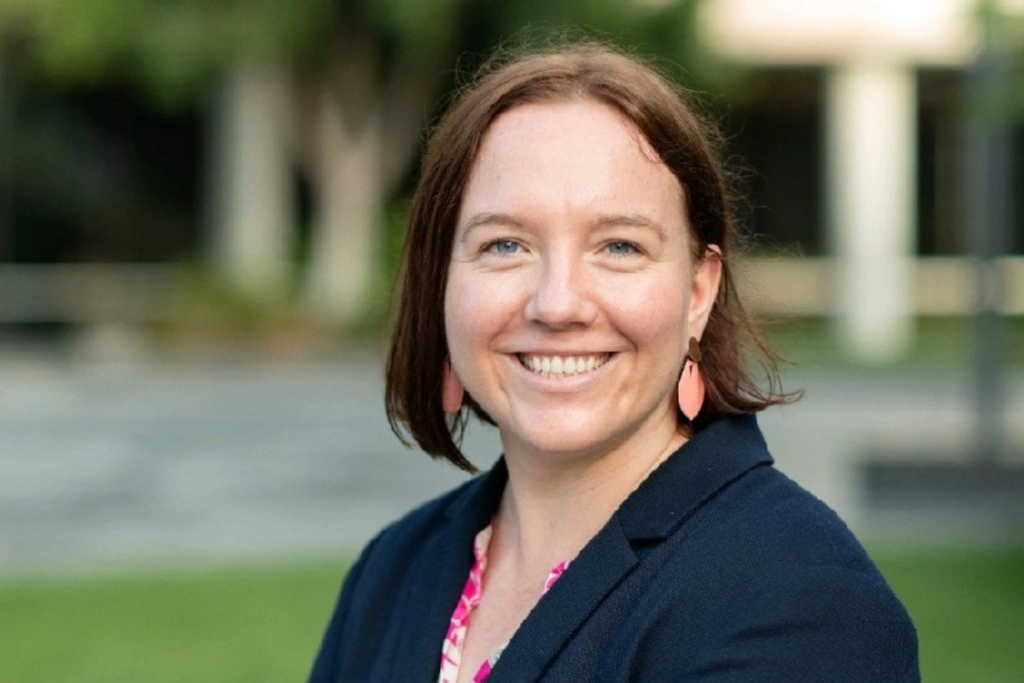In the wake of the #MeToo movement, Australians have become increasingly aware of the systemic issues that enable workplace sexual harassment and discrimination to continue. From Hollywood’s problematic culture, to toxic workplace behaviours in one of Australia’s national media networks – the prevalence of workplace sexual harassment is no secret.
Yet, despite this growing cultural awareness, many victim-survivors remain silenced – not by a lack of will to speak out, but by legal instruments known as non-disclosure agreements (NDAs).
NDAs, once used to protect commercially sensitive information, are now routinely deployed by employers to conceal misconduct and protect those in positions of power. In fact, three quarters (75 per cent) of legal professionals in Australia report never having resolved a sexual harassment complaint without the use of a strict NDA, considering the use of these legal contracts to be ‘standard’. At Working Women Queensland, we encounter this all the time. Our clients are dealing with hardline “take it or leave it” negotiation tactics, making settlement without an NDA near impossible.
Under a raft of legislative frameworks – including anti-discrimination and workplace health and safety laws – workplaces have a duty to stamp out systemic problems like sexual harassment. To do this, workplaces must tackle root causes, like power imbalances in workplace structures. Workplaces must also respond appropriately when they do receive complaints. After all, almost two thirds of women who had been sexually harassed at work believe the harasser has targeted someone else. Rather than addressing these underlying problems, blanket NDAs have become tools for alleged perpetrators and their employers to suppress the voices of victim-survivors, protect reputations, and evade accountability.
While NDAs are written to bind both parties to confidentiality, it’s important to acknowledge that they are almost always initiated and imposed by employers and those in positions of power. These agreements often fail to address the harm suffered by the individual and rarely, if ever, include conditions to prevent the alleged perpetrator from repeating their behaviour. On top of this, they prevent employees who have experienced sexual harassment at work from ever being able to talk about these traumatic experiences. This means they can’t confide in friends, family, or even a trained healthcare professional, despite therapy being a proven and effective treatment for people who experience post-traumatic stress disorder (PTSD).
This means that if a victim-survivor later changes their mind and wants to speak out or seek further help, the employer or perpetrator may apply for a court action to stop them, risking the employee having to pay damages or legal costs. As a result, NDAs perpetuate a cycle of abuse and silence.
It’s time to break this cycle, because victim-survivors shouldn’t be faced with an ultimatum in order to get closure.
Behind every NDA is a person – someone who may live with shame, isolation, and a fear of speaking out. Someone who might face legal threats or financial penalties just for discussing their experience or warning others. Someone who is left tripping over their answers in a job interview, agonising over what they can say to their best friend and left unsure of how to navigate innocent questions at the school drop off.
There is an urgent need to introduce legislation that restricts the use of strict or blanket NDAs to prevent their misuse in workplace sexual harassment and discrimination settlements. That is why Working Women Queensland is calling for an inquiry to be held into how NDAs are used in the workplace, as the first step towards Queensland state and federal law reform. Changes are urgently needed to prioritise employee safety, healing, and perpetrator accountability over secrecy and corporate protection.
Current NDA practices prioritise the reputational interests of alleged perpetrators and organisations over transparency and justice. By concealing workplace misconduct, they enable repeat offending and prevent us from understanding how such complaints are being addressed—or if they are being addressed at all.
Proposed legislative changes would ensure NDAs are only enforceable if the victim-survivor has specifically asked for an NDA after receiving independent legal advice from a practitioner with specific trauma-informed training.
This is not a small detail, it is a safeguard.
This type of change would ensure that legal practitioners advising on these matters understand the nuanced and lasting impacts of trauma, and can truly advocate for the best interests of those affected.
Proposed legislation would also limit the duration of NDAs, giving victim-survivors the right to waive their confidentiality within a reasonable timeframe. Further recommendations include mandatory reporting and compliance on the use of NDAs by employers, and allowing the disclosure of workplace issues to a victim-survivor’s chosen support system, including lawyers, medical professionals, and union representatives, without fear of legal repercussions.
We know that legislative change takes time, but organisations don’t need to wait to do better. Employers can take action now by reviewing their use of NDAs and committing to practices that uphold dignity, agency, and transparency. This includes ensuring all victim-survivors receive advice from trauma-informed legal professionals before agreeing to any form of confidentiality.
In the meantime, we are encouraging Australians to #SignWithCaution and support the call to #PutAnEndToNDAs. We have opened an e-petition, urging the Queensland government to launch an inquiry into the misuse of NDAs in the workplace. If you believe in safe, respectful workplaces and genuine accountability, I invite you to stand with us.
It’s time to stop using legal tools to protect alleged perpetrators. Let’s use the law instead to protect our workers and create safe, accountable workplaces.
Become a Women’s Agenda Foundation member and support our work! We are 100% independent and women-owned. Every day, we cover the news from a women’s perspective, advocating for women’s safety, economic security, health and opportunities. Foundation memberships are currently just $5 a month.
Bonus: you’ll receive our weekly editor’s wrap of the key stories to know every Saturday. Become a member here.


